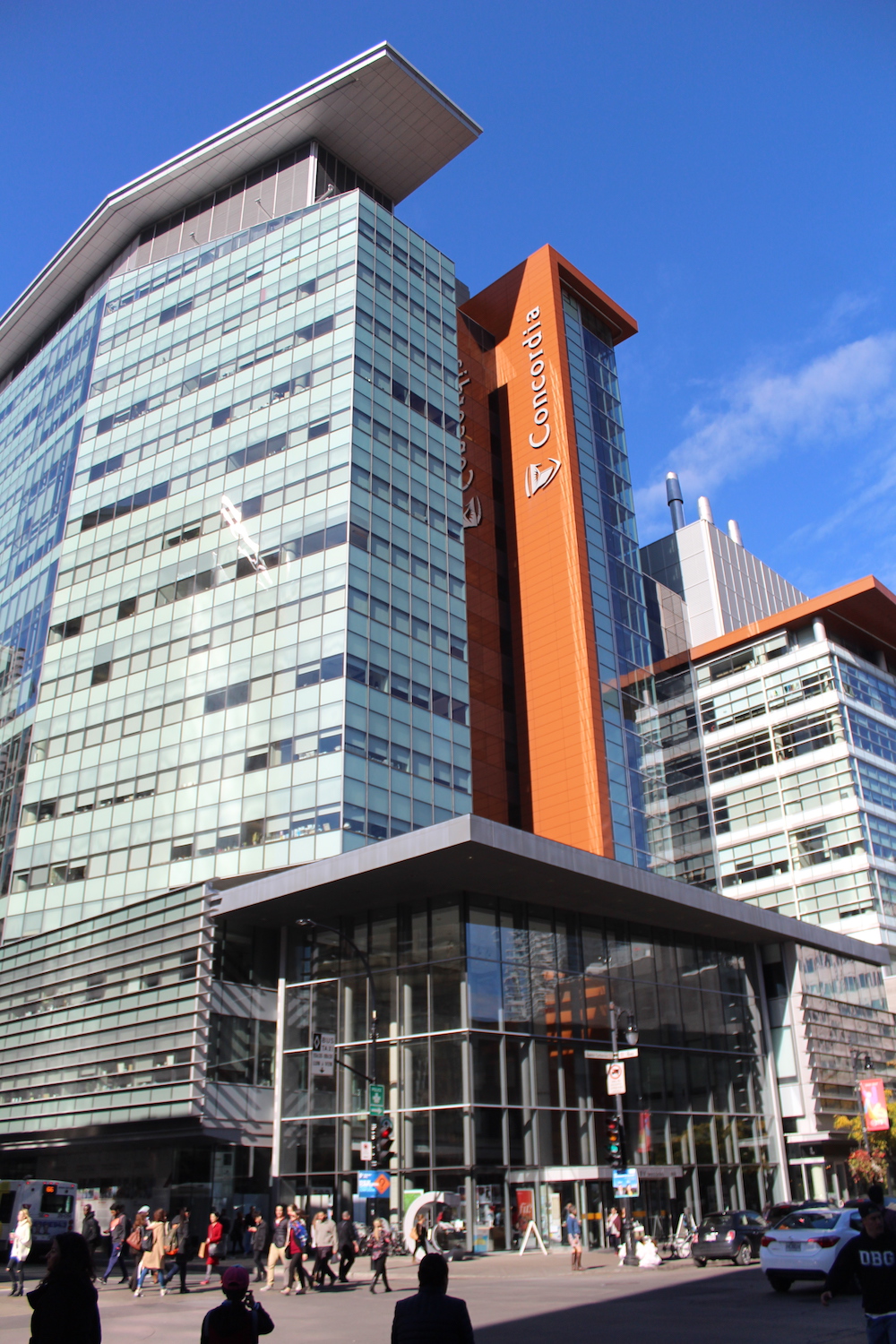Former Concordia student publishes essay denouncing department’s “toxic” climate
Mike Spry, a graduate of Concordia’s creative writing program, published a lengthy essay on Jan. 8 criticizing the university’s English department for fostering a toxic, misogynistic climate.
The essay, titled “No Names, Only Monsters: Toxic Masculinity, Concordia and CanLit,” was published as the sole post on a blog called CanLit Accountable. The author detailed specific allegations of sexual misconduct and corroborates a 2014 essay by writer and Concordia alumna Emma Healey.
In the essay, Spry criticized the Canadian literary industry as a whole, describing it as “a community of misogyny, toxic masculinity and privilege” that perpetuates “cronyism, bullying, abuse, sexual harassment and sexual assault.” He also described specific examples of students being subjected to misogyny and sexual misconduct at the hands of professors within Concordia’s creative writing program.
Spry claimed that, as a student, he witnessed “the normalization of sexualization of students by professors” and that romantic or sexual relationships between students and professors were not “unusual or even prohibited” at Concordia. Although his essay did not name any staff members, Spry alleged that a Concordia professor and “internationally celebrated writer” rented a hotel room during a Montreal literary festival in order to “entertain young writers.”
Spry also described another male Concordia professor who he claimed manipulated students by buying drinks for them “using the pretext of wanting to discuss their craft.” He claimed this professor would promise students mentorship and publishing opportunities if they accepted his advances, and he would “denigrate them and their writing” if they rejected him.
Many of Spry’s accusations support Toronto writer Emma Healey’s October 2014 essay, “Stories Like Passwords,” which was published on The Hairpin, a general-interest website aimed at women. In her essay, Healey alleged she was in a toxic, unhealthy relationship with one of her creative writing professors during her first year as a Concordia student. Healey wrote she was 19 when the relationship began, while the professor was 34. According to Healey, “while the relationship was consensual, much of what happened within its borders was not.”
She claimed many sexual encounters with the professor occurred while she was “blackout drunk.” Healey also described a violent encounter with the man after they had broken up. In his essay, Spry admitted he was a friend of the professor, was aware of the man’s relationship with Healey—as well as with other students—and initially supported him after Healey’s essay was published. According to Spry, this professor is still employed at Concordia.
In addition to being published on a digital platform, Healey’s essay was discussed in a Globe and Mail article four years ago. On Jan. 8, Concordia president Alan Shepard released an official statement in which he claimed he only became aware of the allegations that afternoon. In the statement, Shepard said “the allegations are serious, and will be taken seriously,” but admitted the university’s response to the issue of sexual misconduct is a “work in progress.” The statement did not name any individual staff members or list any specific disciplinary measures or policy changes the university is planning to implement.
The university has yet to release a public statement or implement disciplinary measures in response to Healey’s allegations or similar claims made by other women.
Concordia’s Arts and Science Federation of Associations (ASFA) released a statement on Jan. 9 calling on the university to “fully investigate all allegations and put [the] students’ safety first.” The statement also encouraged students to reach out to the Sexual Assault Resource Centre (SARC) and the Office of Rights and Responsibilities “if they have ever experienced or witnessed cases of sexual assault and/or harassment.”
Photo by Alex Hutchins
